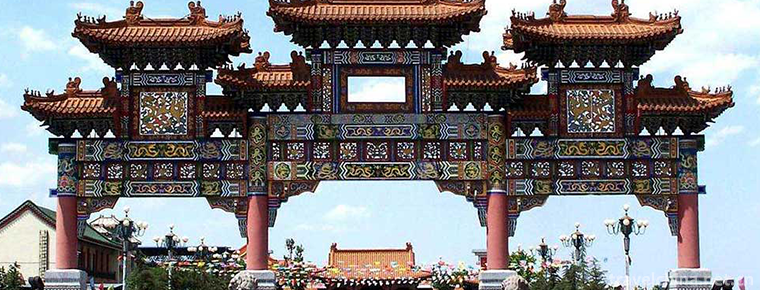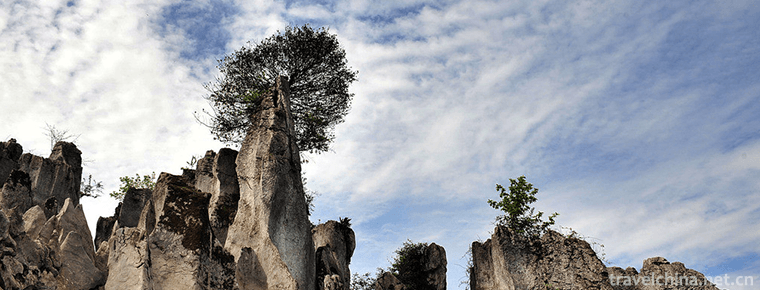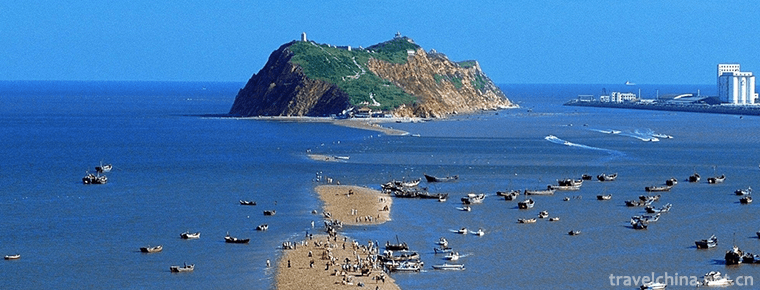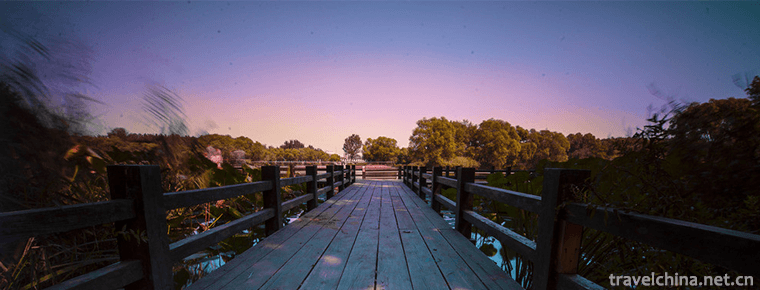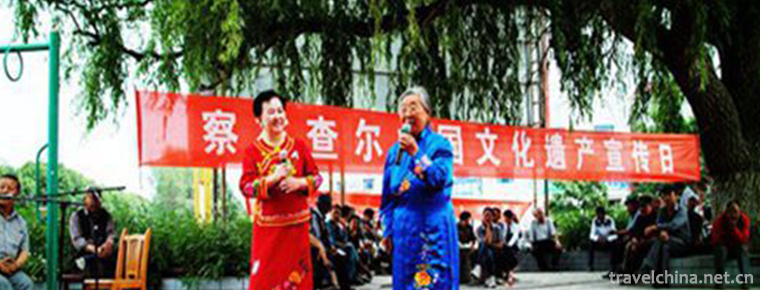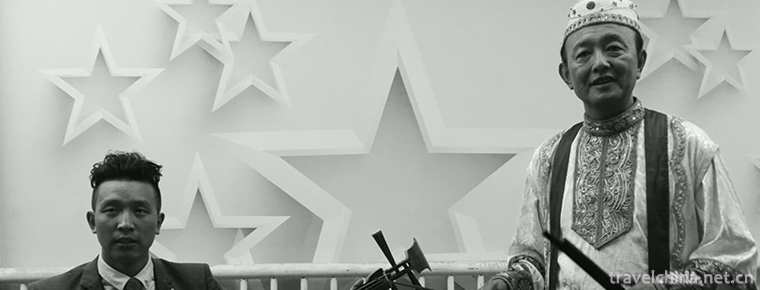Beijing Second College of Foreign Languages
Beijing Second College of Foreign Languages
Beijing Second Foreign Language College is a famous university with advantages of foreign language and literature and tourism management, and coordinated development of literature, management, economics, law, philosophy and other disciplines. It is an important base for training and researching foreign language, translation, tourism, economy and trade talents in China. Universities with international characteristics.
Beijing Second Foreign Language College was founded in October 1964 on the basis of the former Xinhua Foreign Language Cadre School, which was personally proposed by Premier Zhou Enlai. It is the first batch of undergraduate enrollment colleges in China. They are successively under the leadership of the State Council for Foreign Cultural Liaison, the Ministry of Foreign Affairs, the Beijing Municipal People's Government, the Ministry of Education and the State Tourism Administration. In February 2000, it was placed under the administration of the Beijing Municipal People's Government.
Since the founding of the school, adhering to the motto spirit of "Ming De, diligence, seeking truth and competing first", and taking "inheriting East and West civilization and promoting Sino-foreign exchanges" as its own duty, the school has formed the style of "integrating China and foreign countries, knowing and doing at the same time", the teaching style of "harmony and easy thinking, humanistic culture formation", and accumulated profound academic tradition with unique experience in running the school. A group of famous teachers came into being. Mr. Li Yuelan, Su Qi, Zhou Xiqing, Dong Leshan, Guan Zhenhu, Li Chuansong, Wang Zhiyou, Wang Wenjiong and Shuyu, senior translators in the early period of New China, have all taught in the school.
The school is located in Chaoyang District, Beijing. It is adjacent to the Central Business District (CBD) in the West and to the city deputy center (Tongzhou) in the east. There are nearly 10,000 students in all kinds of schools, including 6,200 undergraduates, 1,300 graduate students, more than 700 international students and more than 1,000 penetrating students. There are currently 17 English, Japanese, Asian, European, Middle East, Advanced Translation, Tourism Science, Business, Economics, Political Party Diplomacy, Culture and Communication, Chinese, Marxist, Sports, Basic Science, Guanpei and Xiadouhu Colleges. Teaching units. There are more than 117,000 books in the library, about 200 original newspapers and magazines in foreign languages (including Hong Kong, Macao and Taiwan) and 850 Chinese newspapers and magazines annually; more than 1080,000 electronic books; 105 databases, including 42 Chinese databases, 61 foreign databases and 2 self-built databases.
There are 44 undergraduate majors (including 26 language majors), 28 master's degree authorization secondary disciplines, 6 professional master's degree authorization points, 5 master's degree authorization primary disciplines, and 2 joint doctoral training points (with Binghamton University and South Carolina University). Two postdoctoral research workstations (jointly constructed with Social Science Documents Publishing House and Capital University of Economics and Trade, respectively). There are two top-level disciplines in Beijing universities (tourism management, foreign language and literature), four key construction disciplines in Beijing (foreign language and literature, tourism management, business management, international trade); four national characteristic specialties (Japanese, Arabic, English, tourism management), and the comprehensive reform of the specialty of the Ministry of Education. One pilot specialty (Japanese) and one first-class specialty (translation) in Beijing.
The school insists on serving the national strategy and the needs of the capital as its orientation, and takes the cultivation of high-level and applied talents with international vision and national sentiment as its fundamental task, which is "multilingual, multidisciplinary and multi-disciplinary", and strives to build a high-level and multi-disciplinary personnel training system with second foreign characteristics. After years of school-running practice, the school-running characteristics of "combining learning with practice, focusing on practice" have been formed. Foreign language majors emphasize "leading skills, focusing on practical training" and pay close attention to "listening, speaking, reading, writing and translation" basic skills training; non-foreign language majors rely on superior foreign language teaching resources and multicultural environment, adhere to "application-oriented, strengthen practice", and take the road of integration of production, learning and research. Students have broad international vision, outstanding innovative spirit and practical ability, high comprehensive quality and strong employment competitiveness. Tens of thousands of graduates from all over the world and across the world have emerged from the world, including state councilor and Minister of foreign affairs Wang Yi, former Minister of Commerce Gao Hucheng, former Vice Minister of Ministry of internal affairs and vice minister Liu Hongcai and Xu Lvping, former Vice Minister of foreign affairs Cheng Kuo Ping, former Chinese government Middle East special envoy Wu Sike, Citic Group Inc party Chang Zhenming, Secretary of the CPC Committee and Chairman of the Board, Changjiang Bo, Vice-Campus of Tongji University, Liu Shijun, Secretary-General of the World Tourism Union, and a number of outstanding politicians, diplomats, businessmen, cultural and educational circles.
The school insists on focusing on the major strategy of serving the country and the capital, with the construction of the new think-tank matrix as the fulcrum, the continuous improvement of academic innovation and social service capabilities, and gradually becoming a brand in the area of "one belt and one road", external cultural communication, tourism and international cultural exchanges. Now there are the Chinese culture and Tourism Industry Research Institute, the China Tourism Talent Development Institute, the Chinese culture and tourism big data research institute, China's "one belt and one road" Strategy Research Institute, the capital culture and Tourism Development Research Institute, the capital foreign culture dissemination research institute, the Arab Arab Reform and Development Research Institute, and the Capital International Exchange Center. Fifteen research institutes, including the Academy of Public Policy Translation, the China Institute of Trade in Services, the Laboratory of Artificial Intelligence and Language Cognition, the Laboratory of Digital Resources and Knowledge Services and the Second Foreign Journal Society, have six provincial and ministerial research bases, one provincial and ministerial collaborative innovation center, and seven ministries of education for national and regional archival research. The Research Center has formed a relatively complete research platform structure. Journal of Beijing Second Foreign Languages College, Travel Guide, Cross-cultural Studies and Journal of Chinese Economics were edited and published. Journal of Beijing Second Foreign Languages College was rated as "A Journal Core Journal" in linguistics. In recent years, the annual growth of scientific research funds in schools is more than 30%, the number of high-level scientific research projects has made continuous breakthroughs, high-level academic seminars have gradually become brand names, and high-quality scientific research achievements have continued to grow.
The school has a team of teachers with reasonable age, educational background, specialty and Title structure. Currently, there are nearly 1,000 staff in the faculty, of which more than 50% are full-time teachers with doctoral degrees, and nearly 60% have associate professors and above titles. Most teachers have the experience of studying or working abroad. The school also employs more than 120 part-time professors and more than 60 foreign experts. The school has two excellent teaching teams at the national level, four excellent teaching teams in Beijing and eight academic innovation teams in Beijing.
The school gives full play to the advantages of multilingualism and vigorously carries out international exchanges and cooperation with distinctive international characteristics. The school has established all-round, multi-level and substantive exchanges and cooperation with more than 170 universities and educational institutions in more than 40 countries and regions around the world. Every year, a certain number of teachers are selected to study abroad, visit schools, cooperate in scientific research, and engage in teaching Chinese as a foreign language. The average number of students studying abroad is more than 600 per year, and foreign students are accepted annually. More than 1500 people. Six Confucius Institutes have been established in cooperation with the Autonomous University of Chihuahua in Mexico, the Central University of Lancashire in the United Kingdom, the University of Mohammed V in Morocco, Clermont Ferrand in France, the University of Coimbra in Portugal and the University of Panama. At present, Confucius Institute is being built in Poland and University of Warsaw.
The development goals set by the Eighth Party Congress of the school are:
From now on to 2022, we will take "internationalization, innovation, high level and application-oriented" as our development orientation, take training "multi-lingual, multi-disciplinary and multi-disciplinary" high-level and application-oriented talents with international vision, national conditions as our basic task, and take foreign language, literature and tourism management as our dominant disciplines to strengthen our connotation. With the development of the university, it will initially become a first-class foreign language university with distinctive capital characteristics in China and an influential new type in the world.
Around 2035, the connotative development has achieved outstanding results. An internationalized and applied high-end compound talent training system has been basically established, which is compatible with the socialist modernization countries. A scientific research system with distinctive features of serving the national strategy and positioning the capital's functions has been formed, and the dominant and characteristic disciplines have entered the first-class disciplines in the country. In the ranks, a new type of foreign language university with first-class in China and important influence in the world will be built in an all-round way.
(Data updated to May 2019)

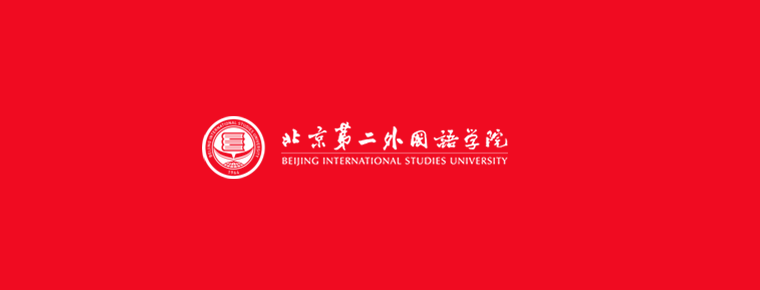
-
Snail rice noodles
Snail jelly powder is a kind of snack rice flour in Liuzhou City, Guangxi Zhuang Autonomous Region. It has the unique flavor of hot, cool, fresh, sour and hot. is the most famous local snack in Liuzho.
Views: 315 Time 2018-11-05 -
Dongshan Cultural Garden
At the East Gate of Wu'an City, there is a beautiful landscape of lakes and mountains, with beautiful gardens scattered in pavilions and pavilions - Dongshan Cultural Park. .
Views: 122 Time 2018-12-19 -
Huaying Mountain Tourist Area
Huaying Mountain Tourist Area is a famous red revolutionary tourist resort in China, located in Huaying City, Guang'an. The scenic area is divided into three parts: Stone Forest Scenic Area.
Views: 155 Time 2018-12-27 -
Bijiashan Scenic Area
Bijiashan Scenic Area is located in Tianqiao Town, Jinzhou City, Liaoning Province. The main scenic spots are Bijiashan Island and "Tianqiao", which are divided into five areas: island sight.
Views: 132 Time 2019-01-02 -
Chaoyang Park Beijing Sun Park
Chaoyang Park in Beijing is a comprehensive and multi-functional cultural recreation and entertainment park with gardening as the main part. It is the largest city park within the Fourth Ring Road in .
Views: 119 Time 2019-01-05 -
Red Leaf Valley Eco cultural Tourist Area
Red Leaf Valley Eco-cultural Tourist Area, National Key Scenic Spot, National AAAA Class Tourist Spot. Red Leaf Valley is located in the southern mountain area of Jinxiuchuan Township.
Views: 194 Time 2019-01-16 -
Brewing Techniques of Douchi
Douchi brewing has a long history in China, and the records of Douchi production appeared in Qimin Yaoshu during the Northern and Southern Dynasties. Douchi is a kind of healthy food.
Views: 149 Time 2019-04-28 -
Xibo Folk Songs
Xibo folk song is an important kind of traditional music culture of Xibo nationality, which is widely spread among the Xibo people in Chabchal Xibo Autonomous County and Xinjiang. Folk songs are an im.
Views: 134 Time 2019-07-01 -
virtuous and filial
Xianxiao was born out of Buddhist folklore, and has a deep relationship with Xiliangle music, Dunhuang Bianwen and Hexi Baojuan. The way of inheritance mainly depends on the artistic population. Its c.
Views: 172 Time 2019-07-01 -
Jianmen Shu Road
Jianmen Shudao is one of the first batch of national scenic spots, with jianmengguan as the core, starting from Ningqiang, Shaanxi in the north and Chengdu in the south, with a total length of 450 km. The culture of the three kingdoms along Jianmen Shu Road is profound. Pang Tong, Jiang Wan, Jiang Wei, Deng AI,.
Views: 200 Time 2020-11-08 -
The changing style of Cheongsam
After a hundred years of evolution, with the change of people's life style and aesthetic taste, cheongsam has developed a variety of styles, which makes people dazzled. In the golden age of the development of Cheongsam in the 1930s and 1940s, the styles of cheongsam changed .
Views: 310 Time 2020-12-11 -
Neijiang population
By the end of 2019, the total population of Neijiang's household registration was 4 million 81 thousand and 800, a decrease of 35 thousand and 900 from the end of last year, of which 2 million 103 thousand and 400 were male and 19 thousand were reduced.
Views: 347 Time 2020-12-16

